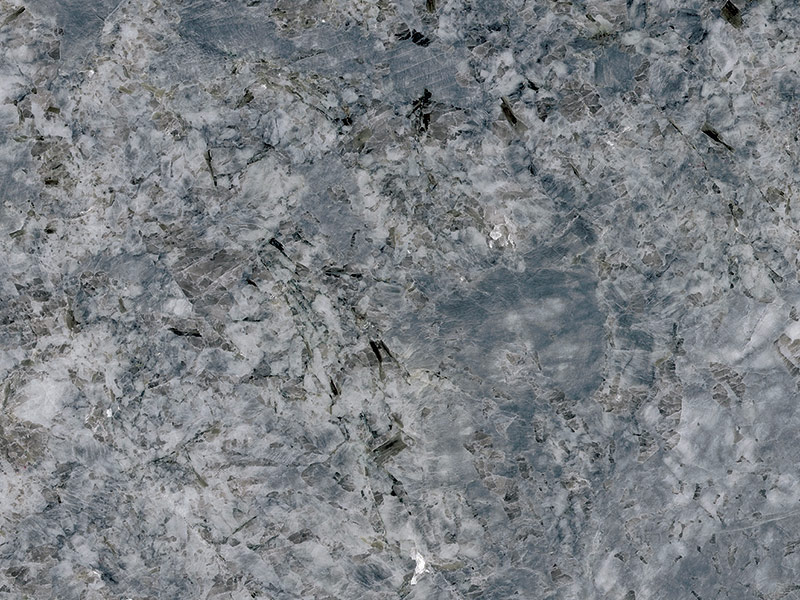Types of Stone

Types of Stone
With a seemingly endless array of choices for countertops and other installations, it’s helpful to know a little bit about each material and how it relates to your space.
Granite : Azul-Aran
Granite : Persian-Treasure
This metamorphic stone is well known for its use in famous buildings and sculpture around the world. It comes in a variety of colors and patterns, depending on where it’s quarried. Because it’s made of metamorphic limestone, marble is very porous in nature. For this reason, it can be susceptible to staining if not treated and sealed regularly. For the same reasons, it can also etch from coming into contact with acidic foods or liquids. Marble is a much more high-maintenance stone than others, for this reason, we don’t recommend using it in high traffic/high use areas like a kitchen.
Marble: Calacatta-Apex
Marble: Mare-Azzuro
Granite is one of the most abundant natural stones on the planet. It forms the bulk of the earth’s crust and is formed under high heat and pressure deep underground. Along with natural abundance, it comes in a large variety of colors. The incredible forces that create granite also cause it to be a very durable stone. It consists of mostly quartz and feldspar which give it a natural strength. It’s a very versatile stone that performs exceptionally well over time with minimal maintenance. Granite is ideal for practically any installation, indoors or out, kitchen or baths. It ranks a 7 on the Mohs scale of hardness.
Limestone: Jura-Beige-Honed
Limestone: Azul-Valencia
Limestone is a sedimentary rock composed of ancient corals and marine organisms. Often times, you can see the actual shells and shapes of fossilized animals in the stone. In Texas, it’s frequently used in exterior construction and is also known as “Austin Stone.” The most common type of limestone that we use to make countertops come from Spain and other places around the world. Due to its porous nature, we don’t recommend using limestone in heavy use areas. Limestone is very susceptible to staining and etching.
Travertine: Silver
Travertine: Bronzo-Polished
Travertine is a type of limestone formed by hot springs. The movement of water gives travertine its familiar stripes and the gasses within cause bubbles and holes within the stone, which we call pits. Coloration stays very neutral, beige and gray being the predominate tones. As with Limestone, it’s porous and not suitable for high traffic areas and is subject to staining if not sealed often.
Quartzite: Azul-Macaubus
Quartzite: Azul-Macaubus
A stone that is gaining in popularity, quartzite is composed almost entirely of quartz in various forms. Found around the world, quartzite comes in a wide variety of colors and patterns. Formed under extreme pressure, this stone is remarkably hard and rates from 7-8 on the mohs scale. In addition to hardness, it is also very stain resistant. This makes it ideal for a wide variety of installations.
Soapstone: Grey-Honed
Soapstone: Pietra-Viva
Composed primarily of talc, soapstone is a very soft material sometimes used for countertops. Color options are limited as it only comes in varying shades of gray. Most slabs are smaller than 7 feet meaning a project is more likely to have seams. Because of its softness, it can easily be scratched. Over time, soapstone will darken. Even though it is soft, Soapstone is non-porous and resistant to staining. Unlike most natural stone countertops, soapstone should never be chemically sealed. Mineral Oil is used to give soapstone its rich finish.
Engineered Quartz: Playa-White
Engineered Quartz: Frosty-White
Commonly known by popular brand names like Maestro Quartz, Caesarstone, Silestone and Cambria, man-made quartz products are a rapidly growing segment of the countertop market. Composed of crushed natural quartz, color pigments and resin, these products resist staining and are very hard. They are suitable for many types of indoor installations.
LET OUR EXPERTS KNOW HOW WE CAN HELP YOU.
Let our experts know how we can help you. Simply fill out the form below and one of our Design Consultants will respond.
